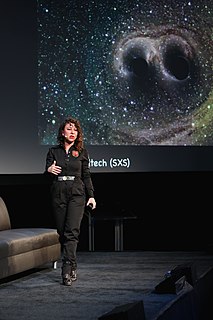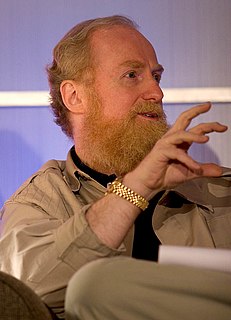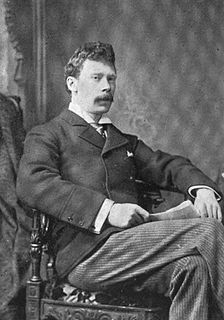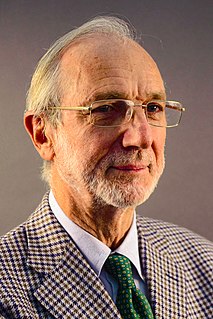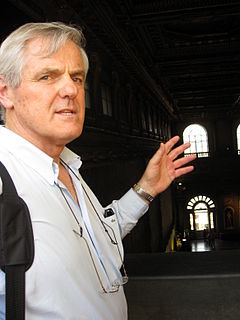A Quote by Janna Levin
I would say the connection between art and science is very tenuous for me. It's just that I'm interested in both. I don't think that my interest in art affects the kind of science that I do.
Related Quotes
Mathematics is really an art, not a science. You could say science also is an art. So I would say the difference is something you can't really describe - you can only recognize. You hear somebody playing the violin, and it was Fritz Kreisler or it was somebody else, and you can tell the difference. It is so in almost every art. We just don't understand why it is that there are just a few people who are just completely off the scale and the rest of them are just mediocre. And we don't know why. But I say it's certainly true of mathematics.
There are two kinds of truth; the truth that lights the way and the truth that warms the heart. The first of these is science, and the second is art. Without art science would be as useless as a pair of high forceps in the hands of a plumber. Without science art would become a crude mess of folklore and emotional quackery.
Therefore, the two processes, that of science and that of art, are not very different. Both science and art form in the course of the centuries a human language by which we can speak about the more remote parts of reality, and the coherent sets of concepts as well as the different styles of art are different words or groups of words in this language.
Gradually, ... the aspect of science as knowledge is being thrust into the background by the aspect of science as the power of manipulating nature. It is because science gives us the power of manipulating nature that it has more social importance than art. Science as the pursuit of truth is the equal, but not the superior, of art. Science as a technique, though it may have little intrinsic value, has a practical importance to which art cannot aspire.
Architecture is art. I don't think you should say that too much, but it is art. I mean, architecture is many, many things. Architecture is science, is technology, is geography, is typography, is anthropology, is sociology, is art, is history. You know all this comes together. Architecture is a kind of bouillabaisse, an incredible bouillabaisse. And, by the way, architecture is also a very polluted art in the sense that it's polluted by life, and by the complexity of things.
I wanted to be a scientist. My undergraduate degree is in biology, and I really did think I might go off and be some kind of a lady Darwin someplace. It turned out that I'm really awful at science and that I have no gift for actually doing science myself. But I'm very interested in others who practice science and in the stories of science.
